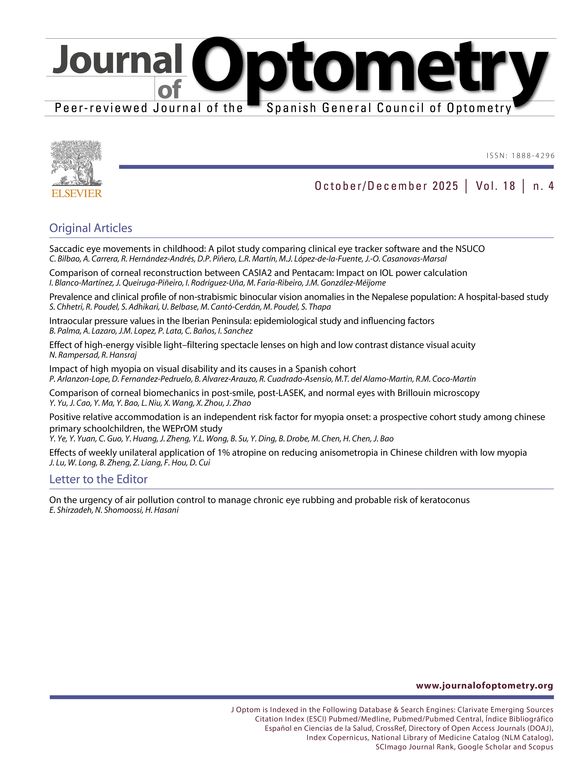was read the article
| Year/Month | Html | Total | |
|---|---|---|---|
| 2025 12 | 49 | 17 | 66 |
| 2025 11 | 234 | 36 | 270 |
| 2025 10 | 134 | 30 | 164 |
| 2025 9 | 76 | 27 | 103 |
| 2025 8 | 52 | 33 | 85 |
| 2025 7 | 81 | 29 | 110 |
| 2025 6 | 49 | 37 | 86 |
| 2025 5 | 74 | 38 | 112 |
| 2025 4 | 49 | 43 | 92 |
| 2025 3 | 71 | 25 | 96 |
| 2025 2 | 97 | 37 | 134 |
| 2025 1 | 63 | 31 | 94 |
| 2024 12 | 71 | 35 | 106 |
| 2024 11 | 79 | 37 | 116 |
| 2024 10 | 76 | 38 | 114 |
| 2024 9 | 106 | 29 | 135 |
| 2024 8 | 77 | 39 | 116 |
| 2024 7 | 69 | 21 | 90 |
| 2024 6 | 83 | 63 | 146 |
| 2024 5 | 59 | 53 | 112 |
| 2024 4 | 89 | 30 | 119 |
| 2024 3 | 90 | 29 | 119 |
| 2024 2 | 88 | 34 | 122 |
| 2024 1 | 62 | 28 | 90 |
| 2023 12 | 51 | 26 | 77 |
| 2023 11 | 70 | 58 | 128 |
| 2023 10 | 62 | 29 | 91 |
| 2023 9 | 68 | 38 | 106 |
| 2023 8 | 60 | 13 | 73 |
| 2023 7 | 65 | 19 | 84 |
| 2023 6 | 55 | 27 | 82 |
| 2023 5 | 59 | 23 | 82 |
| 2023 4 | 49 | 16 | 65 |
| 2023 3 | 63 | 26 | 89 |
| 2023 2 | 45 | 26 | 71 |
| 2023 1 | 48 | 28 | 76 |
| 2022 12 | 94 | 40 | 134 |
| 2022 11 | 59 | 34 | 93 |
| 2022 10 | 89 | 51 | 140 |
| 2022 9 | 78 | 51 | 129 |
| 2022 8 | 91 | 49 | 140 |
| 2022 7 | 35 | 33 | 68 |
| 2022 6 | 48 | 35 | 83 |
| 2022 5 | 43 | 21 | 64 |
| 2022 4 | 44 | 25 | 69 |
| 2022 3 | 77 | 35 | 112 |
| 2022 2 | 138 | 33 | 171 |
| 2022 1 | 57 | 40 | 97 |
| 2021 12 | 86 | 40 | 126 |
| 2021 11 | 49 | 24 | 73 |
| 2021 10 | 106 | 54 | 160 |
| 2021 9 | 88 | 41 | 129 |
| 2021 8 | 45 | 45 | 90 |
| 2021 7 | 37 | 37 | 74 |
| 2021 6 | 30 | 27 | 57 |
| 2021 5 | 44 | 47 | 91 |
| 2021 4 | 142 | 132 | 274 |
| 2021 3 | 131 | 42 | 173 |
| 2021 2 | 36 | 32 | 68 |
| 2021 1 | 72 | 53 | 125 |
| 2020 12 | 67 | 39 | 106 |
| 2020 11 | 53 | 41 | 94 |
| 2020 10 | 45 | 37 | 82 |
| 2020 9 | 56 | 45 | 101 |
| 2020 8 | 69 | 55 | 124 |
| 2020 7 | 73 | 59 | 132 |
| 2020 6 | 68 | 37 | 105 |
| 2020 5 | 64 | 38 | 102 |
| 2020 4 | 66 | 38 | 104 |
| 2020 3 | 73 | 27 | 100 |
| 2020 2 | 54 | 39 | 93 |
| 2020 1 | 39 | 33 | 72 |
| 2019 12 | 45 | 23 | 68 |
| 2019 11 | 65 | 28 | 93 |
| 2019 10 | 63 | 27 | 90 |
| 2019 9 | 91 | 24 | 115 |
| 2019 8 | 87 | 34 | 121 |
| 2019 7 | 111 | 40 | 151 |
| 2019 6 | 216 | 51 | 267 |
| 2019 5 | 236 | 77 | 313 |
| 2019 4 | 218 | 62 | 280 |







